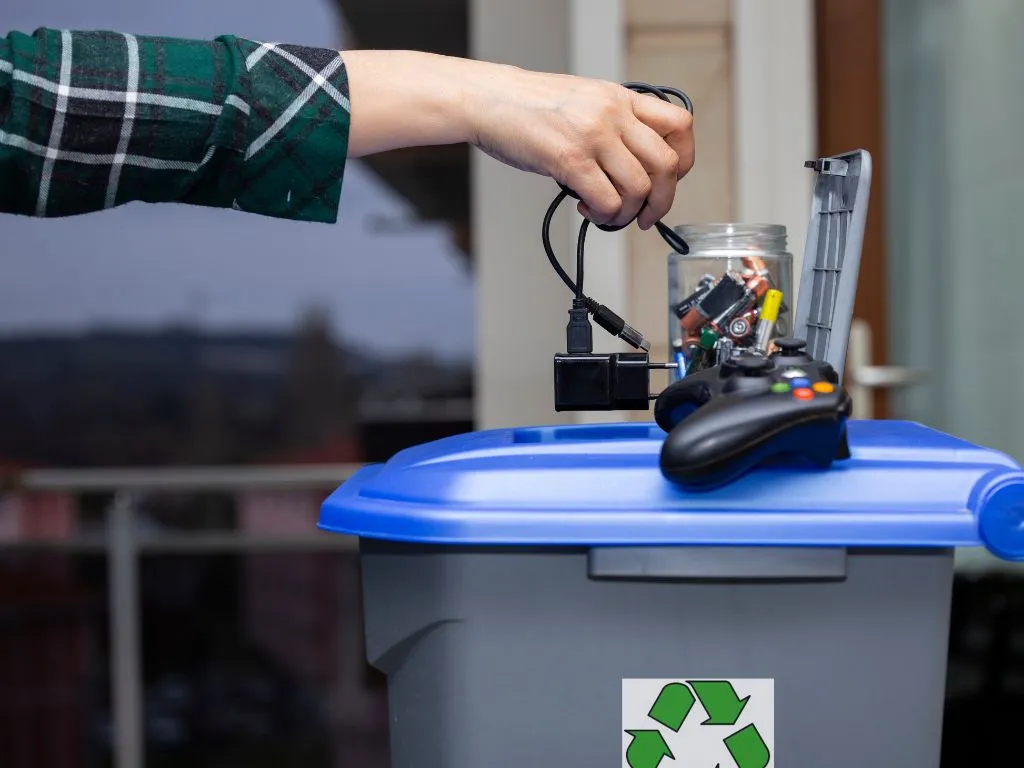- Home
- GPC New Zealand
New Zealand - Home
Login
Forget Password
The legal framework for regulating chemicals in New Zealand is the Hazardous substances and New Organisms Act (HSNO). The law came into place in 1996. All hazardous substances imported into New Zealand require an approval.
News

New Zealand Expands E-Waste Permit Requirements to Include Non-Hazardous Waste
Oct-10-2025
Importers and exporters in New
Zealand are reminded that from 25 July 2025, permits are required not only for hazardous
but also for non-hazardous e-waste shipments. This expansion of New Zealand’s
existing hazardous waste controls under the Hazardous Substances and New
Organisms (HSNO) framework aligns with changes to the Basel Convention.
Aligning with Basel Convention
Changes
The measure implements an
amendment to the Basel Convention on the Control of Transboundary Movements of
Hazardous Wastes and Their Disposal, which introduces new waste codes for
electronic waste: A1181 for hazardous e-waste under Annex VIII, and Y49 for
non-hazardous e-waste under Annex II. These updates aim to strengthen global
oversight of the e-waste trade and ensure proper treatment and recycling.
Permit Process and Obligations
The application process for
non-hazardous e-waste permits follows the same procedure as that for controlled
waste. Businesses involved in e-waste recycling, refurbishment, or export must
hold a valid EPA permit before shipment, in order to comply with the Basel
Convention’s prior informed consent requirements.
Clarifying the Scope
Hazardous e-waste usually
comprises discarded electronic products containing or contaminated by
substances such as heavy metals, PCBs, or brominated flame retardants.
Non-hazardous e-waste refers to electrical or electronic equipment and
components that do not contain such hazardous constituents in concentrations
that would trigger classification as hazardous waste.
Further information, including
guidance and application forms for import and export permits, is available on EPA’s
e-waste permits webpage here.

New Zealand Sets Disposal Deadlines for Chlorpyrifos Following EPA Reassessment
Sep-29-2025
New Zealand’s Environmental
Protection Authority (EPA) has confirmed the phase-out of chlorpyrifos, with
strict deadlines now in place for the use and disposal of the pesticide. The
move follows the EPA’s July 2025 decision to revoke all approvals for chlorpyrifos,
citing unacceptable risks to human health and the environment.
Disposal Timelines Announced
A notice published in the New
Zealand Gazette (2025-au4759) sets out a staged withdrawal:
- By 8 January 2026: Use of many chlorpyrifos
formulations (including liquids, solids, granules and wettable powders)
must cease, with mandatory disposal required by the same date.
- By 8 July 2026: A second group of
chlorpyrifos formulations, such as emulsifiable concentrates, must be
withdrawn and disposed of.
- By 8 July 2027: The final remaining
chlorpyrifos substances, including pure chlorpyrifos and certain granules,
must be removed from the market.
After 8 January 2027, no import
or manufacture of chlorpyrifos or chlorpyrifos-containing products will be
permitted. The full list of affected substances is available in the New Zealand Gazette notice.
EPA Guidance
In a statement on 3 September
2025, EPA urged users to prepare for disposal well ahead of the deadlines and
to consider safe alternatives. The agency stressed that holders of chlorpyrifos
stocks must take responsibility for ensuring safe and timely disposal to avoid
non-compliance.
The reassessment and phase-out
reflect a broader regulatory shift in New Zealand, aligning with international
action to reduce risks associated with organophosphate insecticides.
Login
Forget Password
Global Product Compliance (GPC) specializes in Global Regulatory Compliance Solutions across sectors
globally. SSS Europe, a familiar name in chemical regulatory and compliance services now formally belongs
under the umbrella of GPC Holding Sweden.
Since 2008, we have emerged as one of the leading names among Global Regulatory Compliance Service
Providers with Representation services in Europe, Asia and Middle East for respective chemical
regulations.

 Twitter
Twitter
